"Nature will castigate those who don’t masticate"
Chew-Chew Clubs, Cornflakes and the era of fad diets.
Welcome to another Teeny-Tiny History of Something I Hope You Find as Interesting as I Do.
Lordie, the Progressive Era was a grand time for science. Wonderful for all the advancements that would have real impact on our lives: airplanes, automobiles, telephones and public health initiatives that would ensure safer processed foods, improve birth rates, plus the discovery of vitamins helped address malnutrition.
I would v. much appreciate it if you could click the “like” heart above. It helps me and Mr Al Gorithm.
It should come as no surprise that real scientific advancements also gave rise to the use of semi-science to extract money from people. Bien sur, this wasn’t a new thing. As long as humans have had worries, there have been soothsayers, oracles or men in shiny suits ready to sell the latest, greatest cure-all.
The Progressive Era brought with it a new attention to diet and nutrition, and one of the loudest proponents of healthy eating, was Dr. John Harvey Kellogg, MD. He believed America’s fatty, fried, pickled, stodgy diet didn’t just cause indigestion and irregular, poorly formed bowel movements (an obsession of the age), but! highly spiced foods encouraged evils such as masturbation and sexual activity.
The next time you sit down to a bowl of Kellogg’s cornflakes, remember they were created to inhibit self-pleasure. Which is why you’ll find me with a Taylor ham, egg and cheese on a roll for breakfast.*
In 1878, Dr. John Harvey Kellogg, MD, took over the sanitarium in Battle Creek, Michigan to spread the gospel of “biologic living.” A Seventh-Day Adventist, Dr. Kellogg promoted the religion’s wellness tenet through his “university of health,” and his sanitarium became the vacation destination for the well-to-do. Guests might enjoy a day- or week-long (!) soak in a bath to rid them of hysteria and/or mania or a yogurt colonic, where half the portion of yogurt was eaten by mouth and the other, well…
While bland flakes of rolled corn and bran were served for breakfast at the sanitarium, it was Dr. Kellogg’s brother Will who built the Kellogg’s cereal business into the megalith we know today. Will sued his brother for rights to the Kellogg name in 1911, and, apparently all the passion-stomping cornflakes in the world and righteous “biologic living” could not prevent the brothers from hating each other for the rest of their long lives.
While Dr. Kellogg did have some sound ideas about good nutrition (eat less meat, consume a lot of fiber), he was also a eugenicist, and encouraged horrifying acts of female genital mutilation to control libido. But more on that another day.
For more about the brothers, History Today has a short article full of juicy detail. There is also a fascinating recent book about their rivalry.
Fletcherism
What is good for the richest man in the world, must be also good for the poorest, and all in between." —Daily Express, London, May 15th, 1913.
"Don't gobble your food. Fletcherize, or chew very slowly while you eat. Talk on pleasant topics. Don't be in a hurry. Take time to masticate and cultivate a cheerful appetite while you eat. So will the demon indigestion be encompassed round about and his slaughter complete." —John D. Rockefeller, 1913
Food-faddist and pseudo-scientist Horace Fletcher believed weight gain and ill-health could be avoided if food were properly chewed. Fletcher’s followers, which included John D. Rockefeller, started “Chew-Chew Clubs” across the country. Devotees met in restaurants or at home and followed Fletcher’s admonition: “Nature will castigate those who don’t masticate.” Fletcherites could be easily spotted in a restaurant: their heads bent with chin to chest, they ground away their food until it was liquid before swallowing.
“Nature will castigate those who don’t masticate.”
To prove the efficacy of his diet Fletcher mailed one of his “excreta” to his friend, Russell Chittenden, a scientist at Yale University. The gift was to show how delightfully dry and pleasant his were compared with those of the average American whose unseemly, smelly poops reflected their poorly chewed food. Fletcher also believed his bowel movements were so extraordinary he referred to them as “ash,” because just as a fire leaves nothing but ash, so his thorough chewing left behind nothing of value.
A successful businessman and world traveler, Fletcher embarked on his chew-chew journey when he found himself weighing in at 217 pounds at the age of 40. Falsely believing that all digestion occurs in the mouth, he took to chewing his food deliberately until it was pure liquid. Any parts that remained untrammeled by his concentrated chewing were delicately spit into his napkin. Soon he found himself much lighter and full of vim and vigor. Apparently, mailing his bodily refuse through the post wasn’t enough for salesman and showman Fletcher to prove how effective his new diet was. He liked to exhibit his supposed new-found youth and challenged college men to feats of strength and acrobatics. He attributed his power to his healthful diet and conveniently left out that he’d been quite a good athlete for most of his life.

“After adding a few to the three hundred and fifty I stopped, not because I was suffering from fatigue, but because the pounding of the iron collar on the muscles above my knee had made the place so pummelled very sore, as if hit a great number of times with a heavy sledge-hammer. I had doubled the record, and that seemed sufficient for a starter in the competition.” —Horace Fletcher
As long as you chewed it properly, you could eat whatever you wanted on the diet. Fletcher boasted he ate chocolate for breakfast. Mark Twain, and Henry James were also among his famous followers; Fletcher also visited the White House, conducted experiments at the University of Cambridge and at Italian universities, and published a number of books. (Most of these books are available courtesy of the Gutenberg project if you want to while away your time on something other than doom-scrolling and Wordle, as I did. They are fascinating.)
And, sure, all of Mr. Fletcher’s suggestions are not silly. He recommends we appreciate our food and eat mindfully, without distraction. An excerpt from his book Fletcherism:
“First: Wait for a true, earned appetite.
Second: Select from the food available that which appeals most to appetite, and in the order called for by appetite.
Third: Get all the good taste there is in food out of it in the mouth, and swallow only when it practically "swallows itself."
Fourth: Enjoy the good taste for all it is worth, and do not allow any depressing or diverting thought to intrude upon the ceremony.
Fifth: Wait; take and enjoy as much as possible what appetite approves; Nature will do the rest.
Fletcher also recommended his food program for the poor, because, golly, it was a money saver—how better to make the most of the little food you have? At the start of World War I, this got the attention of Herbert Hoover, who at the time was in charge of Allied food-relief during World War I. Hoover sent Fletcher to help solve the problem in Belgium. Fletcher swanned in, looked around and declared that all the desperately hungry people needed to make the most of the little they had was to chew, chew, chew their meager rations. Problem solved! The Belgians rightfully laughed at him. What might work just fine on a robust, well-nourished middle-aged man or fit-as-a-fiddle Yalie undergrad, would not be sufficient to feed malnourished, active people in need of calories. Fletcher had created a diet meant to keep people slim after all, and on top of it, the science was all wrong. You don’t get more calories by chewing your food more thoroughly. And even if you did, calorie absorption doesn’t occur in the mouth.
By the following, decade articles began to appear exposing Fletcher’s quackery. Hygeia, a family health magazine, published an article in which they spent a few pages raising awareness of medical charlatans, and Fletcherism featured prominently. In the 1930s a number of prominent physicians wrote books denouncing the food fads of the Progressive era. The editor of the American Medical Association, Dr. Morris Fishbein, published Fads and Quackery: An Analysis of the Foibles of the Healing Cults in 1932.
Dr. Fishbein quotes psychologist William James from a conversation with none other than Dr. Kellogg, “I tried Fletcherism for three months. I had to give it up—It nearly killed me.”
Dr. Fishbein, in summing up diet fads in 1932, might as well have been talking about 2024. It seems us humans are always looking for a magical way to health.
“The weakness of following some food fad, as did Professor James when he took up Fletcherism, is a peculiar weakness that all too many great men have followed. It is a common thing to find that a genius has picked up some peculiarity and stuck to it, attributing the fact the he kept alive at all to his eccentricity of eating. Man likes to doctor himself, even if his doctoring is against all maxims of scientific knowledge or the dictates of common sense.” (p 264)
Word of the Day:
Maybe you all figured this out long ago, but this week I learned where the word “varsity” comes from, thanks to Mr. Horace Fletcher’s eponymous book from 1913. ‘Varsity was written with an apostrophe before the v, which implied there was part of the word missing. What was it?
If you figured ‘university,’ you were right. The ‘versity’ to ‘varsity’ shift was really not so much a shift (if I’m reading the experts correctly), but a reflection of pronunciation at the time.
The first known usage of ‘varsity’ according to Merriam-Webster was in 1646.
Okay, folks, have a good week. Eat your vegetables. Tell me what you’re thinking!
*Not really. I usually have yogurt and nuts for breakfast. And that fantastic sandwich maybe once a month.
This substack is a reader-supported publication. I cannot do it without you. If you’re able, paying for a subscription helps pay for the groceries necessary for recipe-testing and recipe development. Also, it supports me—a freelance writer—and ad-free journalism. And starting this month, subscribers will receive special recipes and posts only available to them.
The pay scale for journalists and writers has not kept up with the cost of living. That’s why having a substack newsletter has become such a terrific venue for so many writers. Best of all, it puts me, Bosco, Calvin and Clyde in touch with our readers like never before. And lets me put my history degree to good use. Thank you.
Can’t afford a subscription? Do the next best thing and give free subscriptions to all your friends. The more the merrier. And now, there’s a discount for subscriptions.



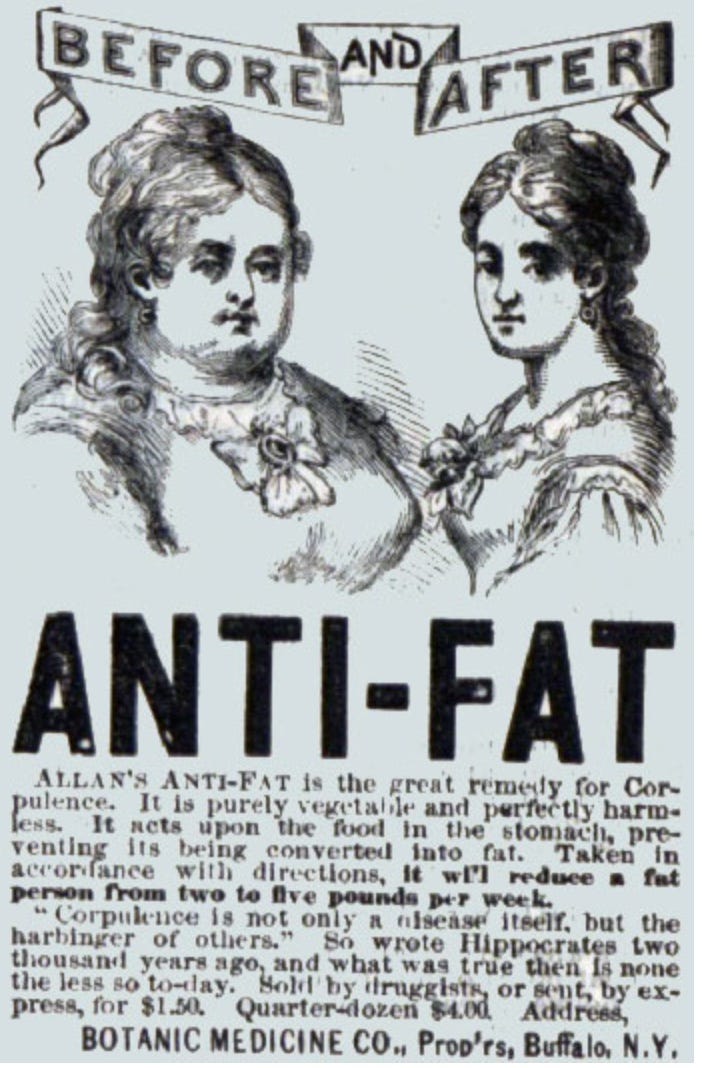
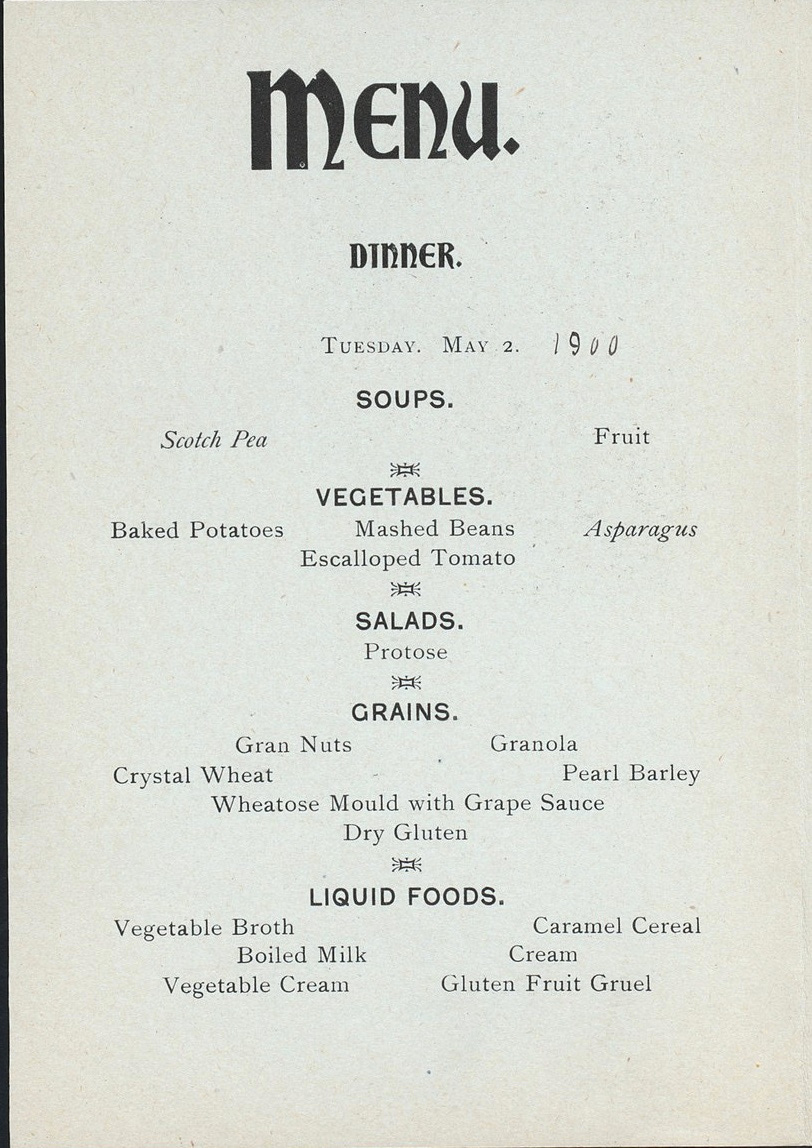
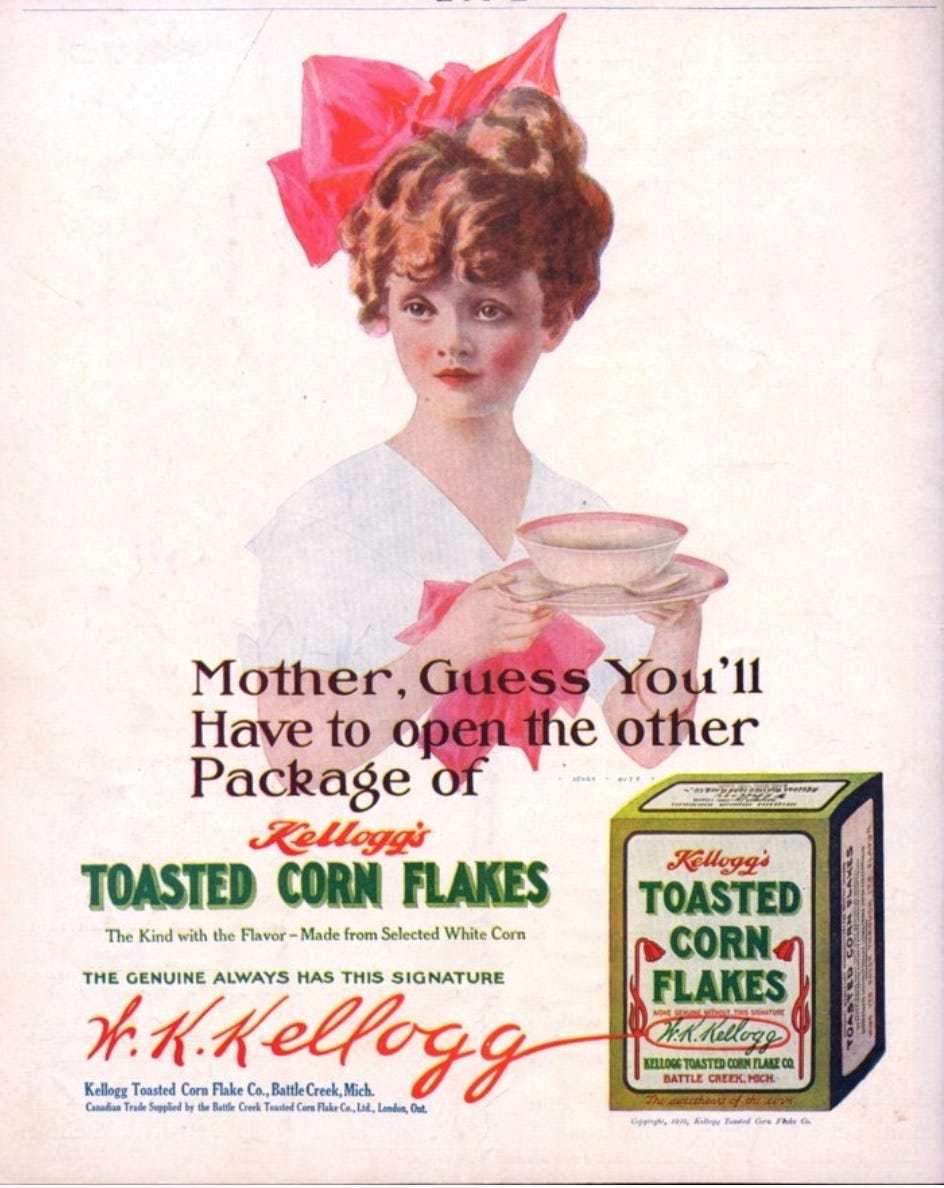

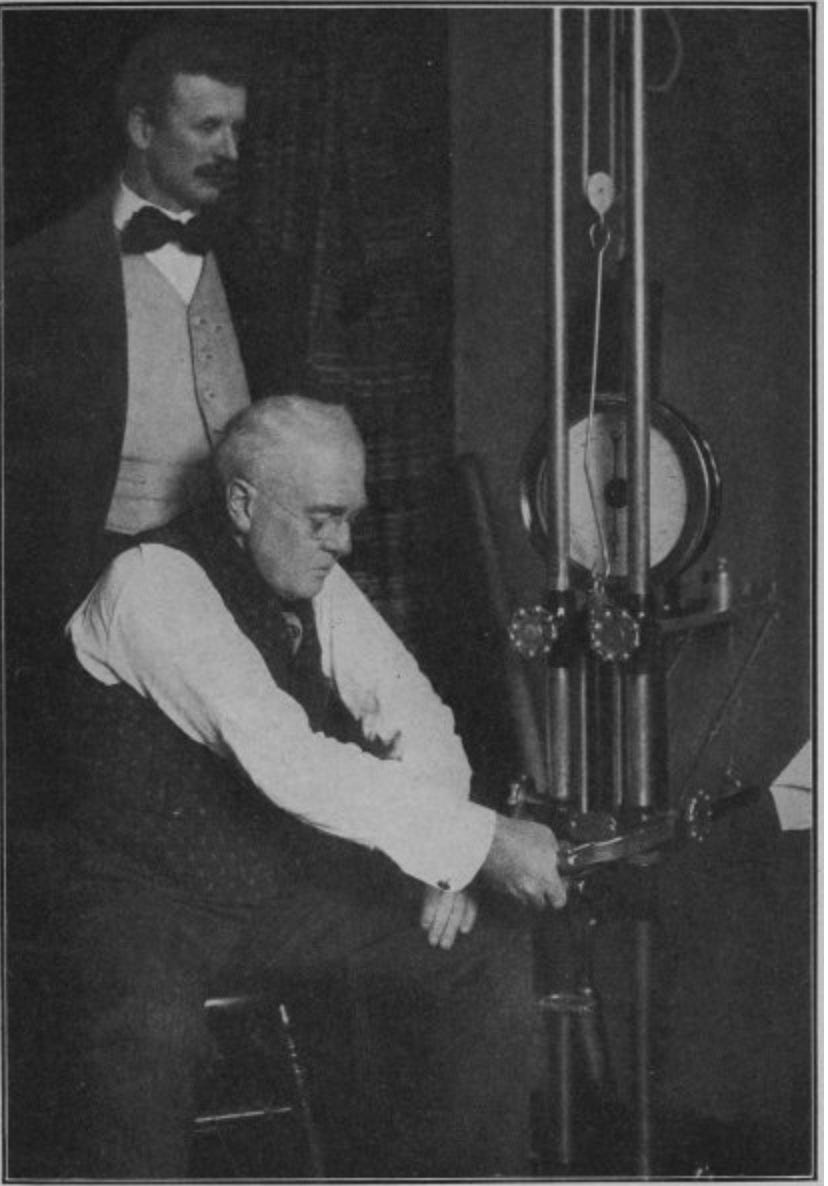
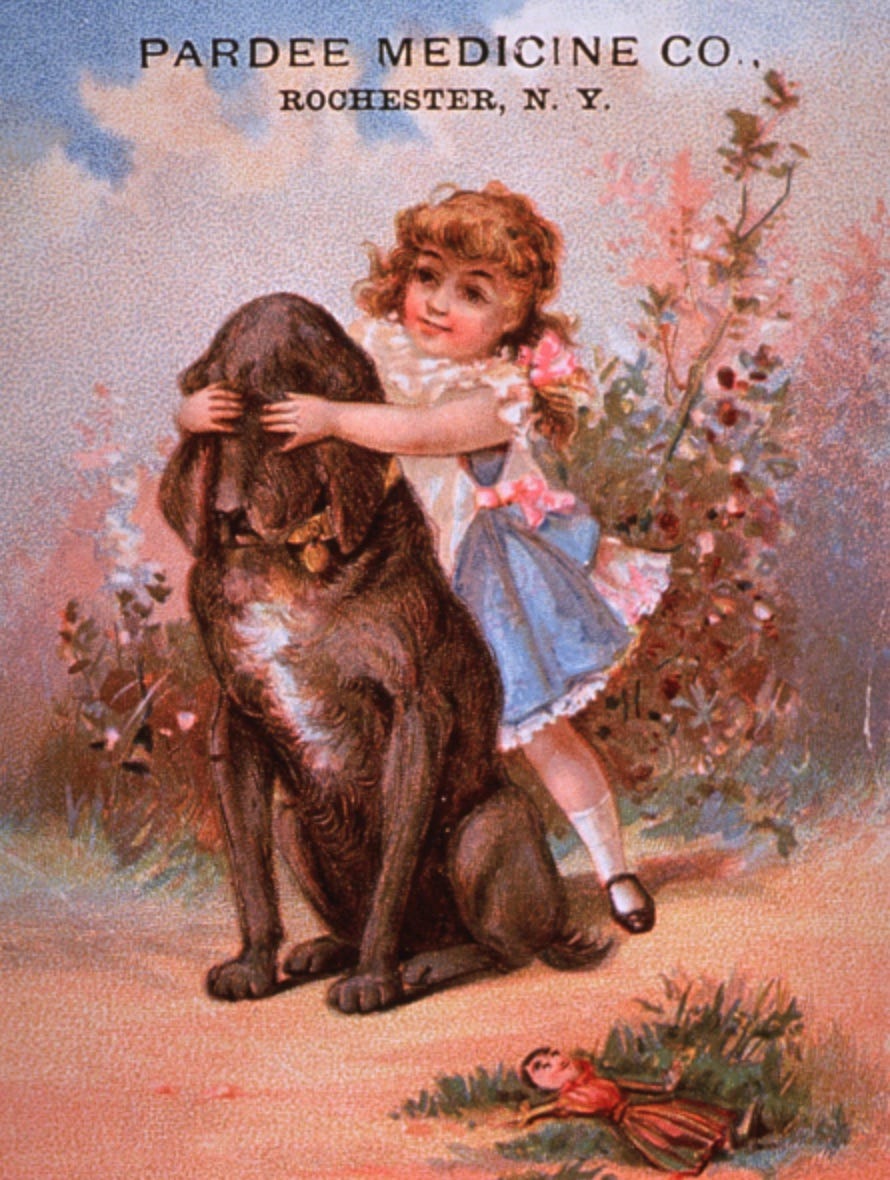


"...he was also a eugenicist, and encouraged horrifying acts of female genital mutilation to control libido. But more on that another day...." Or maybe...not? xo
"I love biting off more than I can chew and figuring it out."
Jordan Peele